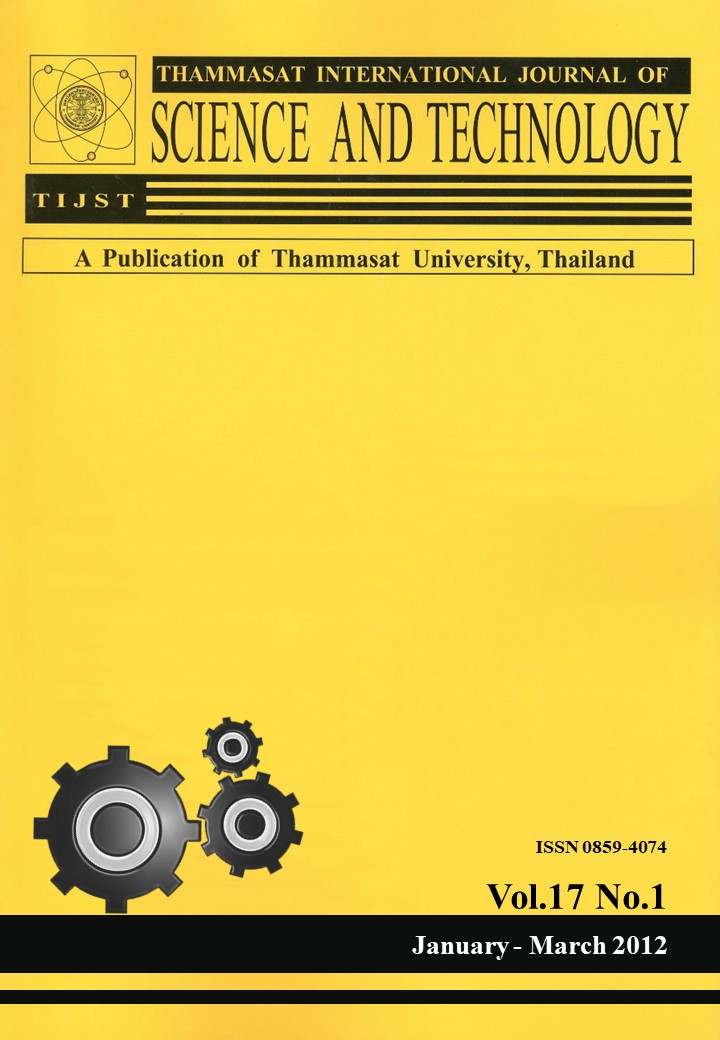Assessment of Energy Security of an Energy Import-Dependent Country: a Case Study of Sri Lanka
Main Article Content
Abstract
Energy security is an important aspect of energy policy of most countries; however, there is no consensus on a common definition of energy security. This paper presents an assessment framework of energy security for Sri Lanka, an energy import-dependent country. The assessment framework, named Holistic Energy Security Index, consists of six dimensions of energy security. Each dimension is prioritized using the Analytic Hierarchy Process (AHP) according to characteristics of the case study. The energy security of Sri Lanka for 2007-2030 is assessed using the Holistic Energy Security Index. The policy paths consisting of integrated resource planning (IRP) and low carbon society (LCS) measures, and their impacts on energy security of Sri Lanka, are assessed. The results from the Model for Energy Supply Strategy Alternatives and Their General Environmental Impacts (MESSAGE) show that both IRP and LCS measures have positive impacts on energy security of Sri Lanka, when compared for the current the energy policy of Sri Lanka. Results also show preference for LCS measures, which have a higher positive impact on energy security. The total levelized cost of the energy system is lower in both IRP and LCS scenarios, in comparison to the base case.
Keywords: Energy Security, MESSAGE, Analytic Hierarchy Planning (AHP), Integrated Resource Planning (IRP), Low Carbon Society (LCS)


